How Happy Are YOU?
FREE Life & Career Happiness Quiz

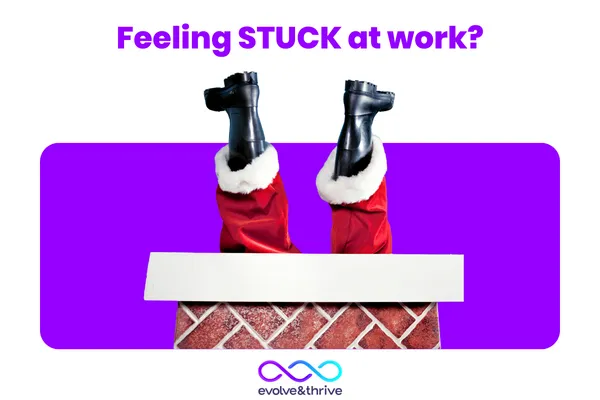
Midlife Women: Are You Stuck in a Dead-End Job? It's time to Break Free
Feeling Stuck in Your Career? It's Time to Get Unstuck!

We've all been there – those times when you feel like you're stuck in a rut. It's like you're going through the motions at work, treading water in your relationships, or just jogging in place in your social life. The things that once lit a fire in you now seem to have lost their spark, and instead of moving toward your goals, you find yourself firmly planted where you are.
Let's call it the "stuckness" syndrome – that feeling that life is on hold, that you're not making the progress you'd like in some aspect of your life. It often creeps in when you're waiting for something to change, whether it's finding the right partner, breaking through a career plateau, or simply trying to figure out what's next.
Feeling stuck is your internal alarm bell, telling you that something in your life needs a shake-up.
Feeling Stuck at Work? You're Not Alone!

Have you ever had that morning when you wake up, and the thought of your daily routine makes you want to hit the snooze button a few more times? The job that you used to be passionate about now feels like a chore. Feeling stuck at work is when you're dissatisfied with your job but feel trapped in your current position.
Maybe it's financial concerns, the job market, or uncertainty about your skill set that's keeping you in place. Whatever the reason, know this: you're not alone. Feeling stuck in your job is a phase that many professionals go through at some point in their careers.
But here's the good news – feeling stuck doesn't mean the end of your career journey. It's an opportunity to embrace change, rekindle your passion, and rediscover what makes you thrive. And the first step in this journey is understanding what's causing these feelings so you can chart your path forward.
So, if you're feeling stuck, stay with me. I'm here to help you navigate this phase and guide you towards a more fulfilling and dynamic professional life. Let's uncover the secrets to reignite your career and your passion!
The statistics are dismal. A recent study has found that 69% of people feel trapped in the same old routine, and only 3 out of 10 people are happy with their lives. People are feeling stuck. So, how do you get unstuck in life?
Spotting The Signs You're Stuck in Your Career!

Ever wake up and feel like your daily tasks have about as much excitement as watching paint dry? Well, you might be deep in the "stuck" zone. But don't worry; these telltale signs are like a trail of breadcrumbs, guiding you out of the career woods:
1. Routine Apathy: Your alarm clock becomes your worst enemy, and the daily grind feels more monotonous than a never-ending treadmill.
2. Stagnation: Your career seems to be frozen in time, with no signs of growth or progress on the horizon.
3. Value Misalignment: Your job no longer resonates with your core values, leaving you with a lingering sense of disconnection.
4. Daydreaming for Change: You often catch yourself daydreaming about pursuing a completely different career or exploring new industries.
Signs of a Dead-End Job

Idea Neglect: Your innovative ideas are consistently ignored, shelved, or end up in the "maybe someday" folder.
Undervalued Role: Your employer fails to recognize the importance of your role & treats you like a forgotten relic in the attic.
Unclear Career Path: Your manager can't articulate a clear career path for you within the company, they give you a vague, directionless speech that rivals a GPS gone haywire.
Unwanted Tasks: Your manager has a knack for passing on tasks they'd rather avoid.
Stalled Growth: You notice the company's growth has hit the brakes, and it feels like you're in a never-ending traffic jam.
Dwindling Motivation: Your motivation to excel at your job keeps decreasing & that once-overflowing well of enthusiasm? Now it's just a trickle.
Recognizing these signs is like shining a spotlight on the path ahead. It's the first step in breaking free from the "stuck" feeling and opening the door to a more fulfilling and dynamic professional life.
Why You Might Feel Stuck and How to Break Free

1. Your Current Role Isn't What You Expected
Sometimes, your job no longer aligns with your initial expectations. It could be due to shifts in your company or industry. Don't let it hold you back; there's always room for change.
2. Doubting Your Skills and Abilities
Imposter syndrome can make you doubt your capabilities. It's essential to recognize and overcome these self-doubts to embrace opportunities.
3. Avoiding Necessary Change
Change can be intimidating, but avoiding it leads to stagnation. Especially in fast-evolving industries, staying updated is crucial.
4. Falling into a Comfortable Routine
Comfort zones can hinder growth. Embrace change and challenge yourself to break free from routines.
5. Needing to Upskill
If your skills no longer match your job's demands, consider upskilling. It can make you more competitive and open new career doors.
6. Worried About Lower Salary for Positive Change
Financial concerns can be a barrier to change, but sometimes short-term sacrifices lead to long-term gains.
7. Unclear Career Goals
Without clear goals, you might feel aimless in your current role. Reflect on your interests, values, and aspirations to find direction.
8. Values Aren't Being Met
When your job doesn't align with your values, dissatisfaction can set in. Seek a career that resonates with your principles.
9. Lack of Recognition and Growth Opportunities
Feeling unnoticed can be frustrating. Look for ways to demonstrate your initiative and seek growth.
10. Work-Life Balance and Burnout
A poor work-life balance and constant burnout can contribute to feeling stuck. Prioritize self-care and personal life.
Let's dive deeper into each of the strategies and challenges to help you better understand how to navigate feeling stuck in your career and life:
12 Strategies to Get Unstuck & Thrive

So, how do you break free from this feeling of being stuck without a clear way out? I’ve worked with many women who needed help moving forward from a point of frustration and unhappiness in their careers. These are the techniques I’ve found to be most effective when you’re feeling stuck:
1. Assess Why You’re Stuck and What You’d Like to Change
Understanding why you feel stuck is the first step towards overcoming career stagnation. It requires honest introspection about your work. This could involve aspects such as your job role, responsibilities, work environment, relationships with colleagues, or career growth opportunities.
Once you've identified the root cause, you can devise a strategy to address these areas. This could mean having candid conversations with your supervisor or seeking a role change. You may even find that making lifestyle adjustments can help you better align with your career aspirations.
2. Focus on Your Strengths
In my experience, it’s all too easy for professionals to dwell on their weaknesses, often overlooking their strengths. This kind of mindset can leave you feeling less than capable and stuck in a rut. To counteract this, shift your focus and let your strengths take center stage.
Appreciating and using your natural skills to your advantage can revolutionize the way you see your career growth and personal satisfaction. Maybe you're a whiz at connecting with people, an out-of-the-box thinker, a born leader, or a problem-solving pro. Identify what you're truly good at and look for more opportunities to flex those skills in your role.
Honing these strengths will enhance your job performance and build a stronger sense of confidence and direction. Both of which are integral to shaking off that stuck-in-a-career-rut feeling.
3. Obtain the Skills You Need to Move Forward
Learning a new skill isn't always easy, but upskilling is an effective way to boost your confidence and enhance your employability. In fact, more than 60% of women see upskilling as the path to career advancement.
Continuous learning and growth are essential with advancements in technology and industry trends. This might involve enrolling in online courses, attending workshops, or pursuing further education. Expanding your skill set can make you more competitive in the job market. And it creates new opportunities and avenues for career progression.
4. Develop Your Network & Support System
Networking is a crucial part of career development. A robust network can provide fresh perspectives, innovative ideas, mentorship, and job opportunities. Attend industry events and join professional organizations related to your field. And connect with colleagues, mentors, and industry leaders on professional networking platforms.
Attending business and career networking events for women is a great start. You're more likely to meet others who've faced similar circumstances at these events. And those attending these events are keen to help other women excel and live their best lives.
Building a strong support system can also encourage and motivate you when you're feeling stuck, so surrounding yourself with people who bring positivity into your life and want you to succeed is important.
5. Work on Any Fears and Beliefs Holding You Back
Self-limiting beliefs and fears can be significant barriers to career progression. Identifying and addressing these fears is critical. This may involve seeking help from a career coach, counselor, or therapist.
In nearly 30 years of experience, I’ve helped countless women overcome hindering fears and beliefs. I’ve found that working through these barriers has helped each adopt a more positive mindset. This has enabled them to overcome challenges, seize opportunities, and advance in their careers.
6. Look for Opportunities to Grow and Progress
Growth opportunities can often reignite passion and enthusiasm for your work. Identify areas in your current role where you can assume more responsibilities or projects that can stretch your skills and knowledge.
Volunteering for new projects, proposing innovative solutions, or expressing interest in diverse roles can demonstrate your initiative and adaptability. In fact, these are all crucial traits for career progression.
7. Determine What You Want from Your Career
Knowing what you want from your career provides a sense of direction and purpose. I always ask my clients to begin by reflecting on their interests, values, and career aspirations. This process requires a great deal of introspection, where self-assessment exercises can be incredibly insightful.
Understanding what you want from your career can help you make informed decisions. This may involve switching jobs, seeking promotions, or transitioning to a new industry. Either way, knowing what you want is a significant step in the right direction.
8. Set Realistic Career Goals
Setting SMART (Specific, Measurable, Achievable, Relevant, Time-bound) career goals can provide a clear roadmap for your career progression. But many find career goal setting either cumbersome or overwhelming. That's why it's essential to have a systematic goal-setting exercise in place.
A structured goal-setting exercise is instrumental in identifying and setting career objectives. These goals reignite a sense of motivation and provide a clear sense of direction. Achieving these milestones can increase self-confidence and reduce feelings of being stuck in your career.
9. Cultivate a Healthy Work-Life Balance
Deloitte, indicated in a 2023 report that 58% of women say their work-life balance is not good. And the report reveals that 28% of women in the workplace feel burned out.
I see it all too often. Too many prioritize work over their personal lives. While work is important, your well-being is paramount. Work-life balance is crucial for maintaining your mental and physical health. And it's one of the most critical factors in preventing burnout.
Ensure you allocate time for relaxation, hobbies, exercise, and family. A healthy work-life balance can enhance job satisfaction, productivity, and overall life satisfaction. Prioritizing your well-being can ultimately contribute to a more fulfilling and rewarding career.
10. Work on Your Personal Brand
Your personal brand is your professional reputation. It involves showcasing your unique skills, values, experiences, and passions. A solid personal brand can open doors to new opportunities by making you more visible and appealing to potential employers, clients, or collaborators.
This can be done through professional networking platforms, personal websites, social media, and engaging in public speaking opportunities at industry events. In fact, there are numerous avenues to explore that can work wonders for enhancing your personal brand.
11. Develop Your Resilience
Resilience is the ability to bounce back from setbacks and persist in the face of obstacles. Building resilience enables you to navigate challenges, adapt to change, and continue to pursue your career goals.
In my experience, developing coping strategies, adopting a positive mindset, and learning from past failures is vital. Resilience can help you move forward in your career and contribute to personal growth and fulfillment.
12. Leverage Your Experience and Expertise
Mid-career women often underestimate the value of their accumulated experience and expertise. Recognizing and leveraging this can be a powerful strategy to stop feeling stuck.
This could mean seeking roles that allow you to use your unique skills and knowledge or offering mentoring to less experienced colleagues. You could even transition into a consultancy role in your field.
Your wealth of experience is a significant asset. If you utilize it effectively, you can progress in your career and help others in their journey.
5 Key Challenges to Avoid Feeling Stuck

Knowing what to do to move forward in your career is a significant part of the puzzle. However, understanding what you should steer clear of is just as important.
Here are some key aspects to avoid when embracing change and liberating yourself from the constraints of your current role:
1. Don’t Wait Too Long
The longer you delay addressing the feeling of being stuck, the more entrenched you'll become in your current situation. Take action as soon as you identify feelings of dissatisfaction or stagnation.
2. Don’t Dismiss Learning New Things
Always be open to acquiring new skills and knowledge. Embracing lifelong learning can prevent you from feeling stuck in your career.
3. Don’t Let Change Scare You
Change can be uncomfortable, but it's also the catalyst for growth and progress. Embrace change and see it as an opportunity, not a threat.
4. Don’t Fear Failure
Remember, failure is an integral part of success. Don't let fear of failure stop you from taking risks and trying new things. If you’ve failed at something, it means you are taking action and learning.
5. Don't Neglect Networking
Building and maintaining a professional network is crucial for career growth. Failing to connect with colleagues, mentors, and others in your industry can limit your exposure to opportunities and fresh perspectives, leaving you feeling isolated and stagnant. Actively engage in networking to stay informed about industry trends, job openings, and potential collaborations, which can help prevent the sensation of being stuck.
Wrapping up: Embrace Change & Move Forward

Remember that career paths are rarely linear, and it's okay to feel stuck at times. Recognizing the reasons behind your feelings of stagnation is the first step toward making positive changes to improve your career satisfaction and growth.
Feeling stuck in your current job isn't a dead end. It's an opportunity for introspection and growth, understanding its root causes can help you devise strategies to overcome this stagnation. Focus on your strengths, embrace lifelong learning, build resilience, and create a supportive network to propel your career forwards.
Also, Don't shy away from professional help to gain fresh perspectives. Your career is a journey with its share of challenges. With the right mindset and tools, you can navigate these hurdles, embrace change, and confidently stride toward your next career milestone.
Considering a pivot in your life and career? Check out my FREE 3-Step Life & Career Satisfaction Assessment. It’s designed to help you highlight areas in your life and career that you're most content with, and those that might need a re-think.
Executive Coaching
Leadership
Development
Career Growth & Transitions
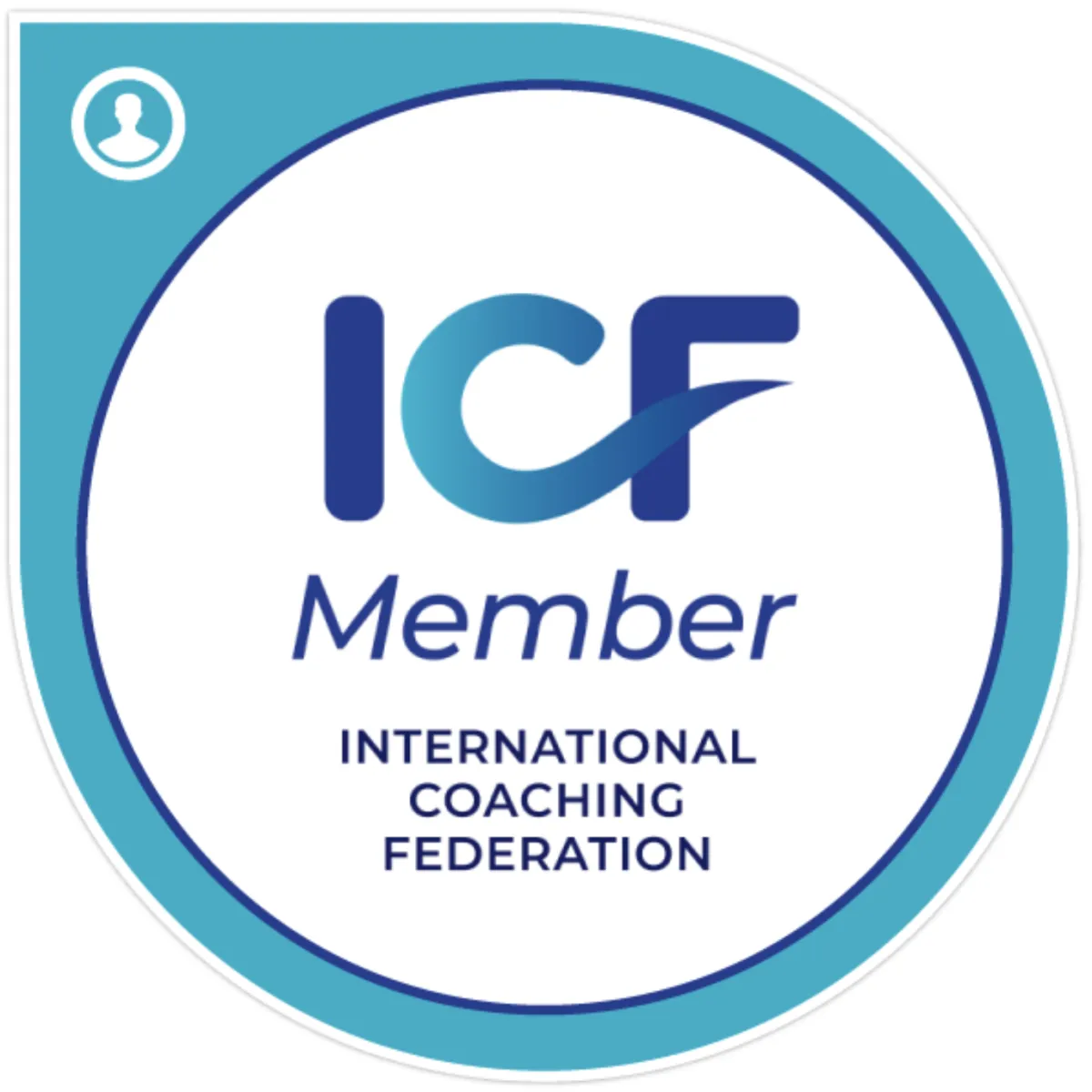
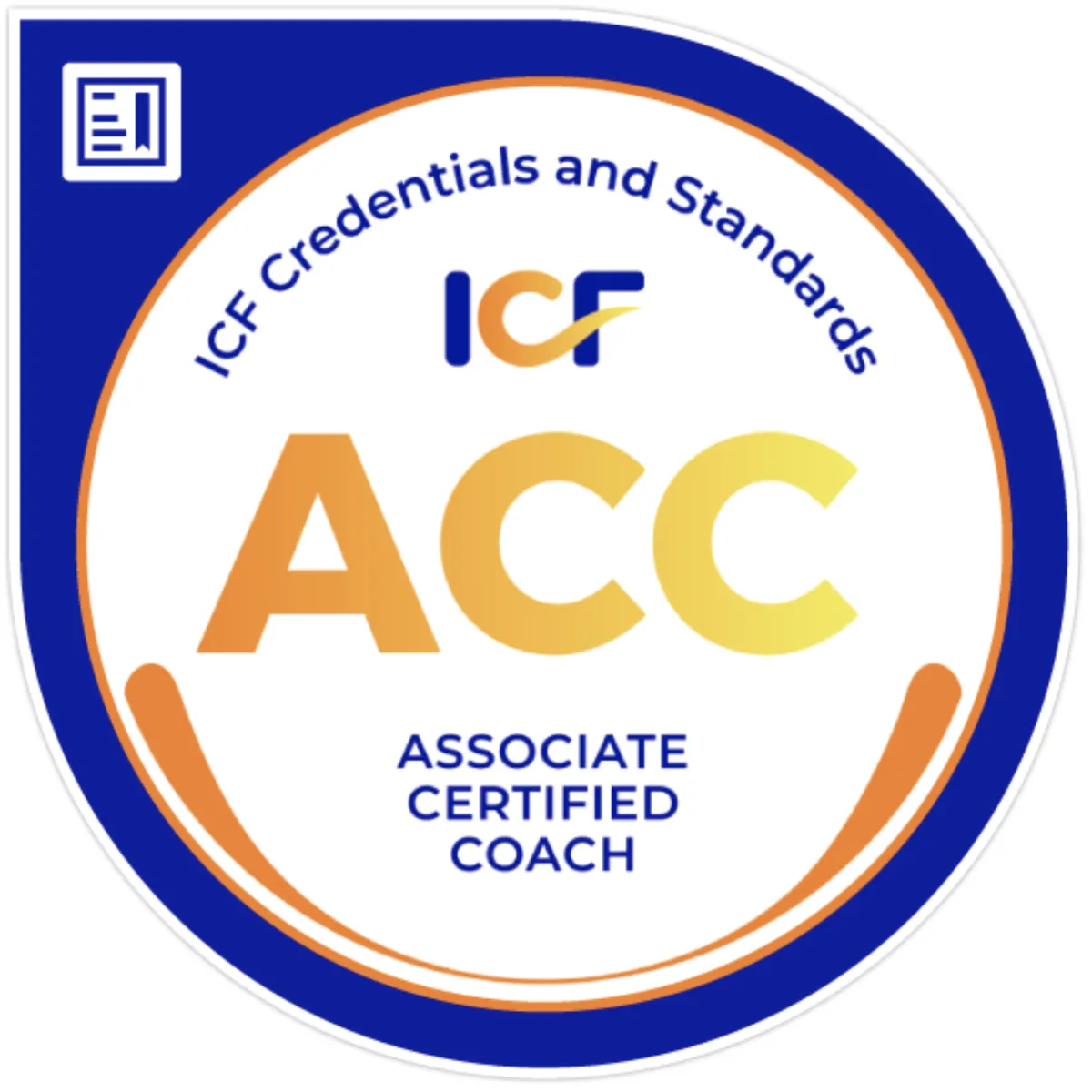
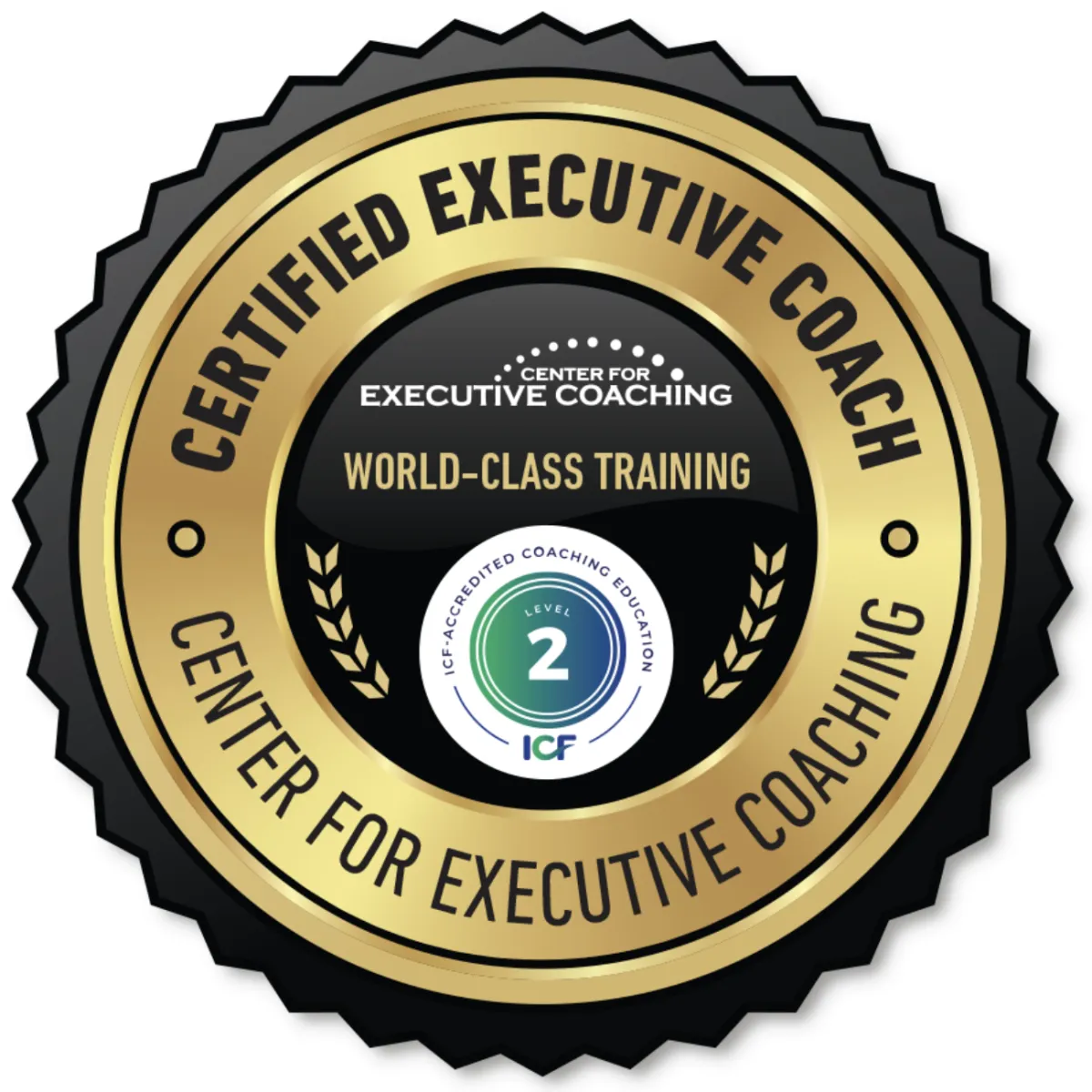
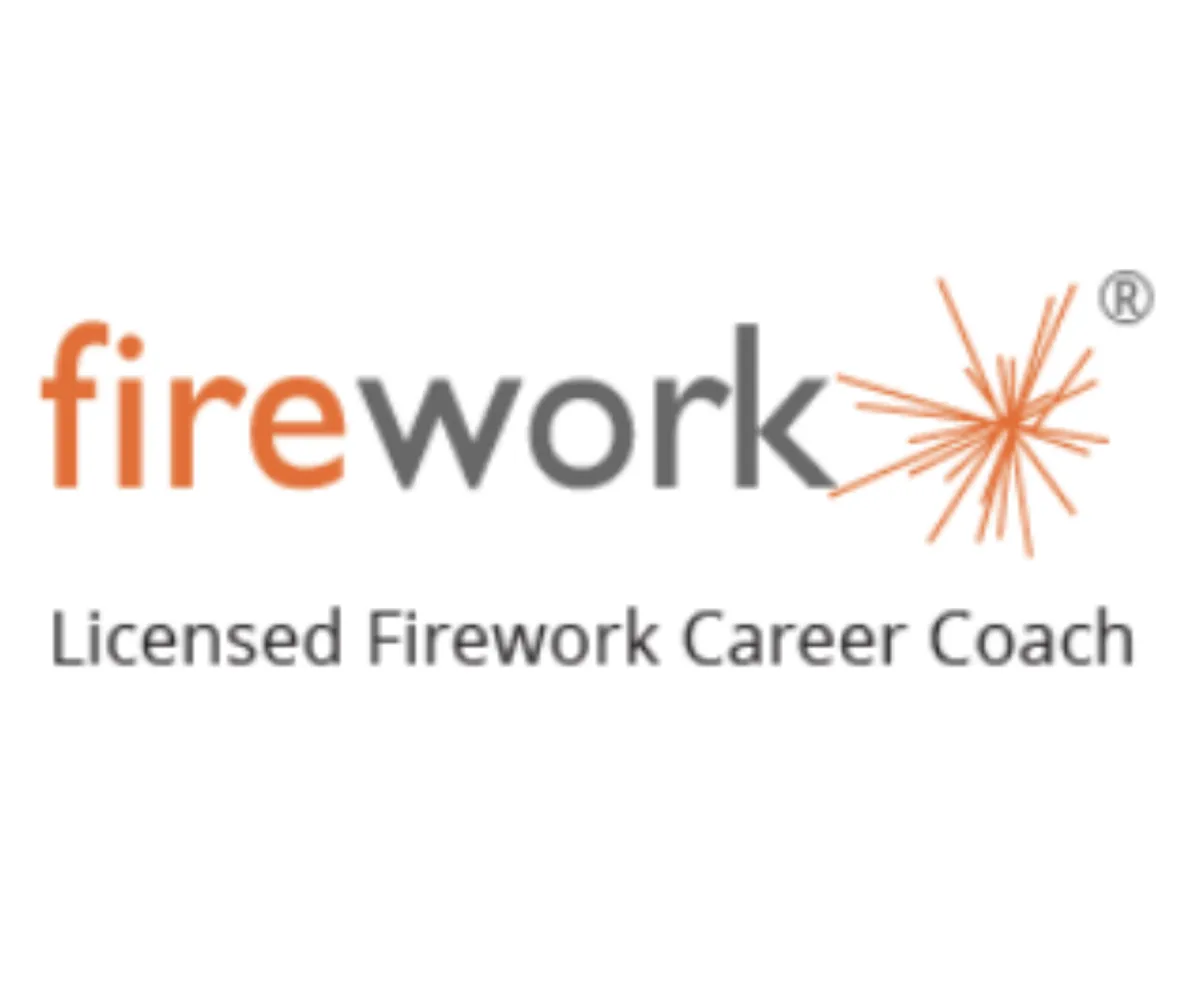
Executive Coaching
Leadership
Development
Career Growth & Transitions

Legals
© 2024 Evolve & Thrive. All Rights Reserved
Join the Evolve & Thrive Tribe
Our community of Midlife Women who want MORE out of life!
Success, Freedom, Balance, Happiness & Fun!
Join the Evolve & Thrive Tribe
Our community of Midlife Women who want MORE out of life!
Success, Freedom, Balance, Happiness & Fun!
Legals
© 2024 evolve&thrive
All Rights Reserved

